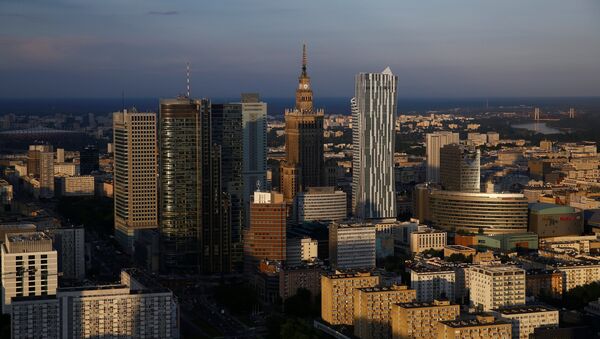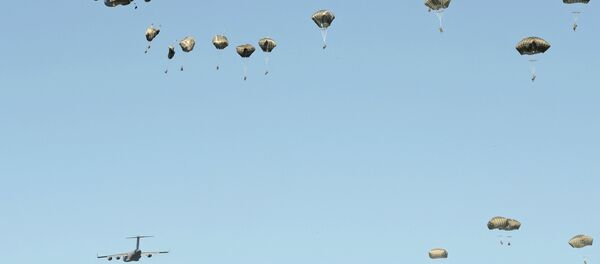"The most important thing that will happen at NATO's summit in Warsaw is the political game over the 1997 NATO-Russia Founding Act," the analyst noted. Under this document the bloc reaffirmed that it does not intend to deploy large fighting forces and tactical nuclear weapons on the territory of its new member states.
Russia and the alliance "essentially made a deal" – the United States offers its allies and partners political guarantees, but makes no military moves. "Washington wants to revise this policy," the analyst noted.
It is against this backdrop that approximately 2,000 people from 28 member states, 26 partner countries, as well as the EU, the UN and the World Bank will flock to the Polish capital of Warsaw on July 8-9 to take part in what NATO's Deputy Secretary-General Alexander Vershbow recently described as possibly "one of the most fateful [summits] in the history of the alliance."
#Warsaw #NATOsummit is shaping up to be one of the most consequential #NATO summits given current security environment #WGF16
— Alexander Vershbow (@NATOdsg) 3 июня 2016 г.
"Poland is the key country that helps the US to pursue its interests in the region," the Vzglyad newspaper noted.
The Warsaw summit, according to Fenenko, could go one of two ways.
"The first scenario will see NATO trying to revise the Founding Act. Poland already did it in December 2015. The second option is that the bloc will not do it openly, but will instead adopt decisions that will de facto modify the act," he explained.
The North Atlantic Alliance is either trying to present Russia with a fait accompli or to force Moscow to reach compromise that will open the doors for NATO's deployments in Eastern Europe and the Baltic region, he added.




